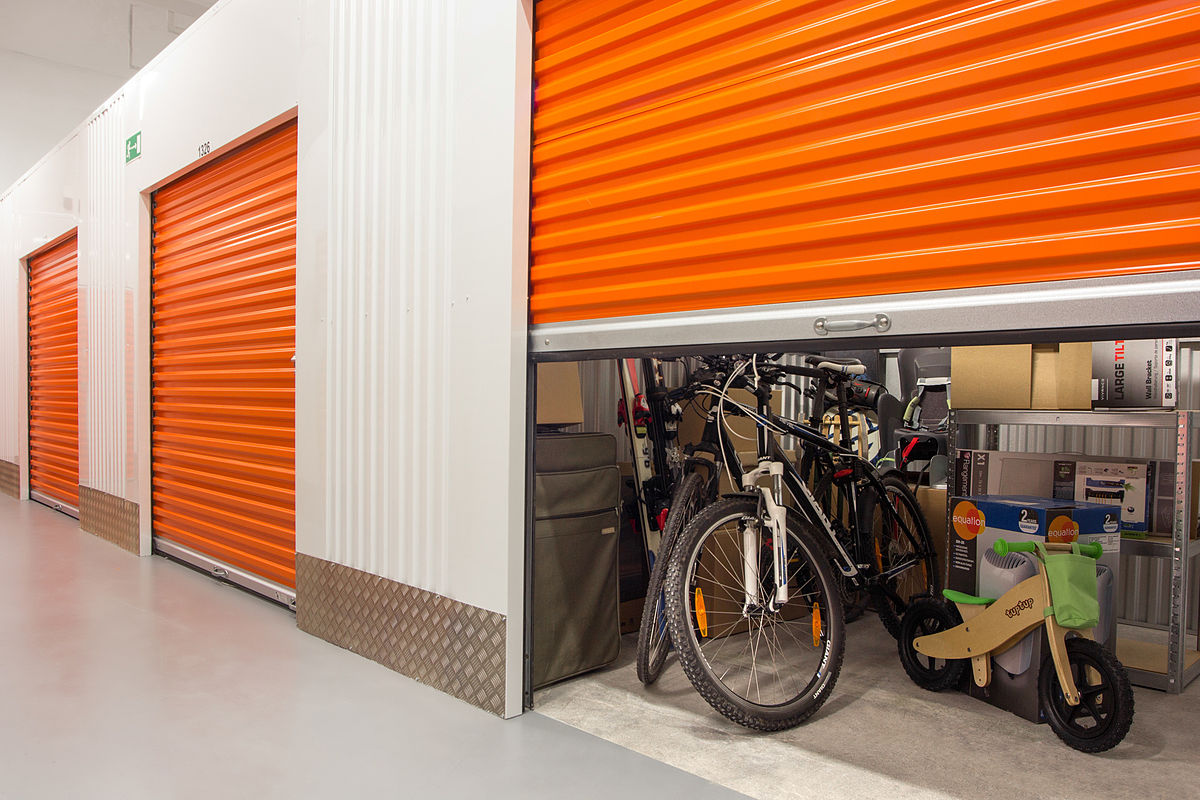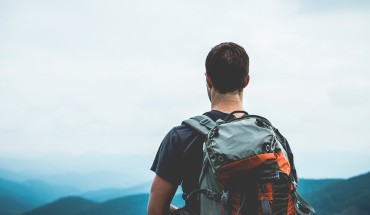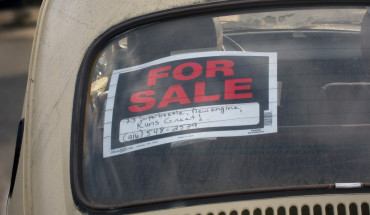Lots of us these days are replacing the annual two-week break for longer trips of adventure and exploration. Adult gap years, work sabbaticals or retirement travels have opened new possibilities for those with a touch of wanderlust. However, unless you’re emigrating for good, the question of what to do with possessions left behind looms large.
Here are some things to consider when you’re planning an extended trip of a few months or more:
Decide on Storage Needs
How long you’ll be away largely determines the extent of your storage needs. For a standard holiday, we wouldn’t even consider storage but for longer trips it’s not advisable to leave an entire household unattended.
As well as determining storage needs for property, it’s possible to turn the house into a source of income if you let it out while you’re gone. Options include a traditional let via a letting agency if your trip is long enough (normally over six months), or opening the house to fellow travellers in need of short term holiday accommodation through companies such as Airbnb.
Whichever option, some personal items and furniture will require off site storage for the duration. Small boxes of items could be stored with willing family or friends, while self storage offers a safe and secure (plus economical) option for larger items of furniture or equipment.
Calculate Space
If you choose self storage, you can save money by only paying for the space you use. There’s a huge variety of storage room sizes, and you can squeeze more into available spaces by dismantling larger items such as bed frames, desks, bicycles or dining tables.
Work From Lists
Lists serve two useful purposes when you’re organising storage: you have a quick memory jogger for items to include, and you have a ready made inventory. If you’re renting out your home, you’ll need an inventory anyway so lists are never a wasted exercise.
Storage Safety
Take a logical approach to packing up for storage, labelling boxes as you go. Be specific with labels, for instance writing ‘food mixer’ or ‘coffee maker’ instead of ‘kitchen equipment’.
Use sturdy boxes and don’t overfill them. Bubble wrap is light and effective for protecting valuable or fragile items. When you’re stacking boxes, place large ones at the bottom, working up to smaller ones to prevent them toppling over.
In storage rooms, or even friend’s spaces, stow things in reverse order. For instance, if you know the first things you’ll want are your bed and the kettle, put these in place last so they’re right by the door.
Storing Valuables
It may be tempting to take the family jewels with you, but don’t. Small valuables are easily stolen and often irreplaceable. Make sure they’re packed safely, and sealed from dust or damp. Self storage lockers provide a secure option, but it might also be possible to persuade family or friends to keep them safe for you.
Timing and Logistics
The sometimes confusing issue of logistics crops up when it comes to organising timing. You don’t want to be without home comforts before you leave, but leaving things until the last minute will add stress to the operation. Move items into store a day or two before you depart to minimise the length of time you’re without items you’d normally use. Also, consider how it might be possible to use alternatives, such as watching TV on the laptop or tablet if you’ve packed away the television.
On Your Return
Coming home also needs thinking about. Notify storage companies or friends about arrival dates and when you’ll want to collect your belongings. Keep in touch in case of delays, especially when dealing with companies so they know what to expect. Let rental or holiday companies know your plans well in advance so your property is ready for you on your return.
Having taken care of everything on the home front, your extended trip will be so much more relaxed and enjoyable. You’ll have peace of mind knowing your treasured items are safe, and if you’re renting out your house you’ll have the extra income to cover costs and maybe even pay for a few side trips.



